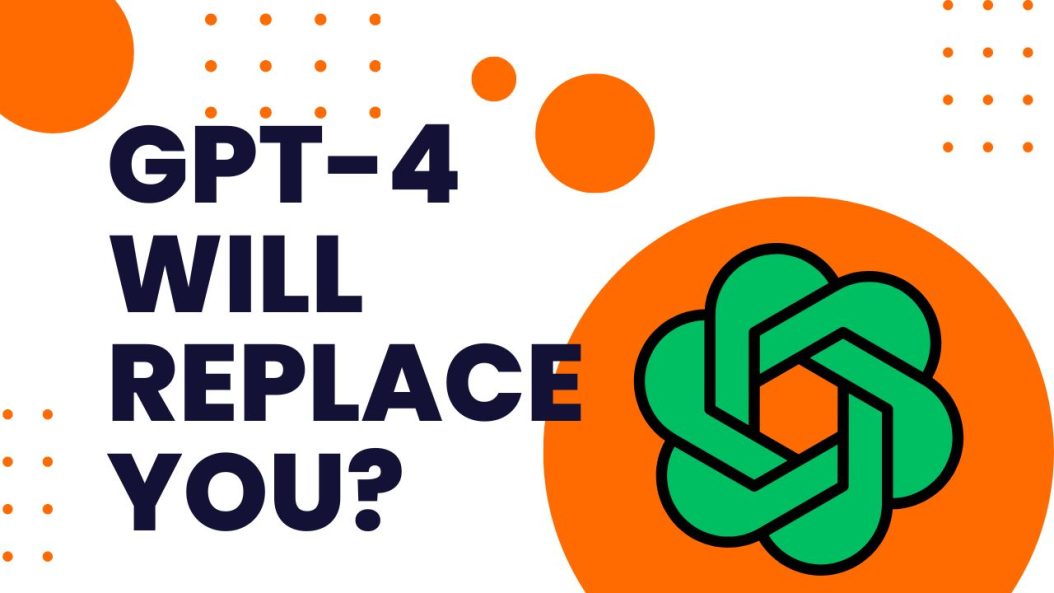The rise of GPT4 could bring unparalleled advancements in AI, but at what cost? Experts warn of massive job loss as automation becomes the norm. Are you ready for the future?
The upcoming release of GPT4, the latest version of OpenAI’s natural language processing tool, is causing concern among many industries. While the previous version, GPT-3, has already shown incredible capabilities in tasks such as language translation and generating human-like text, GPT4 is expected to take it to the next level, with even more sophisticated language processing and contextual understanding.
However, with this advancement comes a potential cost: jobs. Experts are predicting that GPT4 could lead to significant disruptions in the job market, as machines become even better at tasks previously done by humans. This could result in millions of people losing their livelihoods as their jobs become obsolete.
According to a report by McKinsey & Company, up to 375 million workers worldwide may need to switch occupations or acquire new skills by 2030 due to automation and other technological advances. The report also states that those who are most vulnerable to job displacement are low-wage workers with less education and those working in routine manual or clerical jobs.
Also Read:
How GPT4 will affect different industries?
GPT4 is expected to have a significant impact on several industries, particularly those that rely heavily on language-based tasks. For example, the legal and financial sectors may see a significant decrease in demand for services such as document review and data analysis. Journalists and writers may also see their jobs at risk, as machines become even more proficient at generating content.
However, not all industries are expected to suffer. GPT4 could also lead to new job opportunities in fields such as machine learning and data science. These industries will require skilled workers to design, develop, and maintain these sophisticated machines.
What can be done to mitigate the impact of GPT4 on jobs?
While it is difficult to predict the exact impact of GPT4 on the job market, there are steps that can be taken to mitigate its effects. The most important of these is to invest in education and training programs that help workers acquire new skills and transition into new fields.
Governments and companies must also work together to create policies that protect workers and ensure a fair transition to the new economy. This may include measures such as job retraining programs, unemployment benefits, and social safety nets.
Ultimately, the success of GPT4 will depend on how well we manage its impact on the job market. While it has the potential to revolutionize many industries and create new opportunities, it is crucial that we do not leave workers behind in the process. By investing in education and training programs and creating policies that protect workers, we can ensure that the benefits of this new technology are shared by all.

